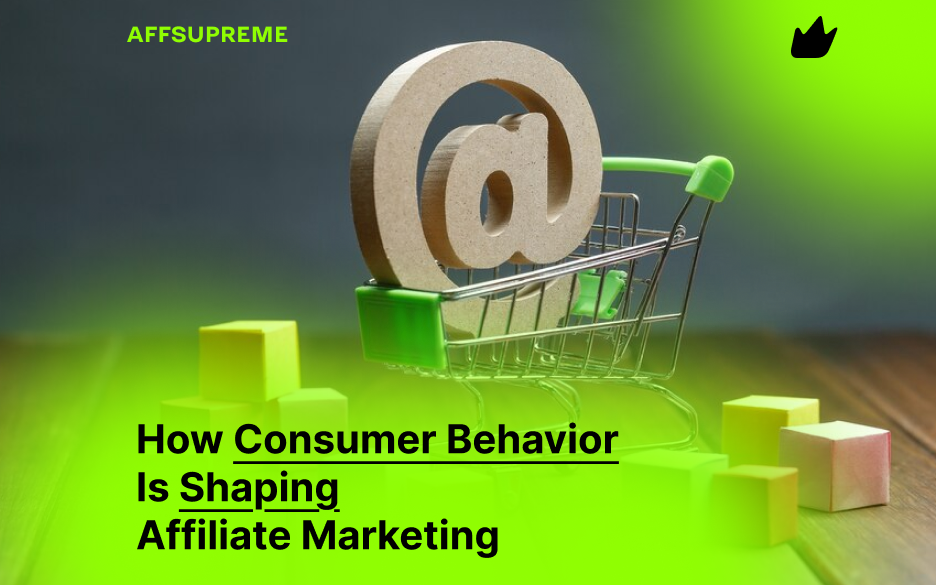In today’s digital economy, consumer behavior is rapidly evolving — and with it, so is the landscape of affiliate marketing. Understanding what influences buyers’ decisions has become critical for affiliates and brands alike. From personalized content to ethical marketing practices, this article explores how shifting consumer expectations are transforming the affiliate marketing industry.
What Is Affiliate Marketing?
Affiliate marketing is a performance-based marketing strategy where affiliates earn a commission by promoting a company’s products or services. It hinges on a partnership between brands and content creators (like bloggers, influencers, or comparison sites) who drive traffic and sales through tracked links.
The Rising Importance of Consumer-Centric Strategies
Modern consumers are more informed, selective, and values-driven than ever. Their behavior significantly influences how affiliates approach content creation, product recommendations, and marketing techniques.
1. Trust and Transparency Drive Conversions
Today’s consumers demand authenticity. They are more likely to purchase through affiliate links when the recommendation comes from a trusted source. This has led affiliates to:
-
Disclose affiliate relationships clearly
-
Provide honest, experience-based product reviews
-
Avoid aggressive or misleading marketing tactics
SEO Tip: Using keywords like “honest review,” “tested product,” and “real experience” can boost credibility and search rankings.
2. Mobile Shopping and Micro-Moments
With mobile usage dominating web traffic, consumers are making purchase decisions in real-time, often during “micro-moments” — when they quickly search for information before buying. Affiliates now:
-
Optimize content for mobile devices
-
Use fast-loading, responsive design
-
Focus on quick, actionable recommendations
3. Personalization and Niche Targeting
Consumers expect personalized experiences tailored to their needs. Successful affiliates use data-driven strategies to:
-
Create content for specific audiences or niches
-
Segment email campaigns based on user behavior
-
Recommend products based on previous interactions
For example, a fitness blogger might promote supplements specifically for female athletes, using relevant keywords like “best protein for women athletes.”
4. Influencer Culture and Social Proof
Social proof — such as reviews, testimonials, and influencer endorsements — heavily influences consumer decisions. Affiliates are integrating:
-
User-generated content (UGC)
-
Real-time product reviews
-
Video testimonials and unboxings
Social media platforms like Instagram, TikTok, and YouTube play a key role in building trust and driving affiliate sales through visual storytelling.
5. Ethical and Value-Driven Marketing
More consumers are choosing brands aligned with their values, such as sustainability, inclusivity, and ethical sourcing. Affiliates are adapting by:
-
Partnering with eco-conscious or fair-trade brands
-
Highlighting a brand’s mission in content
-
Using keywords like “sustainable,” “cruelty-free,” and “ethical”
SEO and Affiliate Marketing: A Powerful Duo
To thrive in this consumer-driven landscape, affiliates must pair behavior insights with SEO best practices, including:
-
Targeting long-tail keywords (e.g., “best vegan skincare under $50”)
-
Creating high-quality, helpful content
-
Structuring articles with clear headings (H1, H2, H3)
-
Using internal links to boost time on site and authority
Conclusion: Adaptation Is the Key
As consumer behavior continues to evolve, so too must affiliate marketing strategies. Success lies in putting the consumer first — delivering value, building trust, and offering tailored experiences across every touchpoint.
Affiliates who understand these shifts and adjust accordingly will not only improve engagement but also drive more meaningful, long-term conversions.

